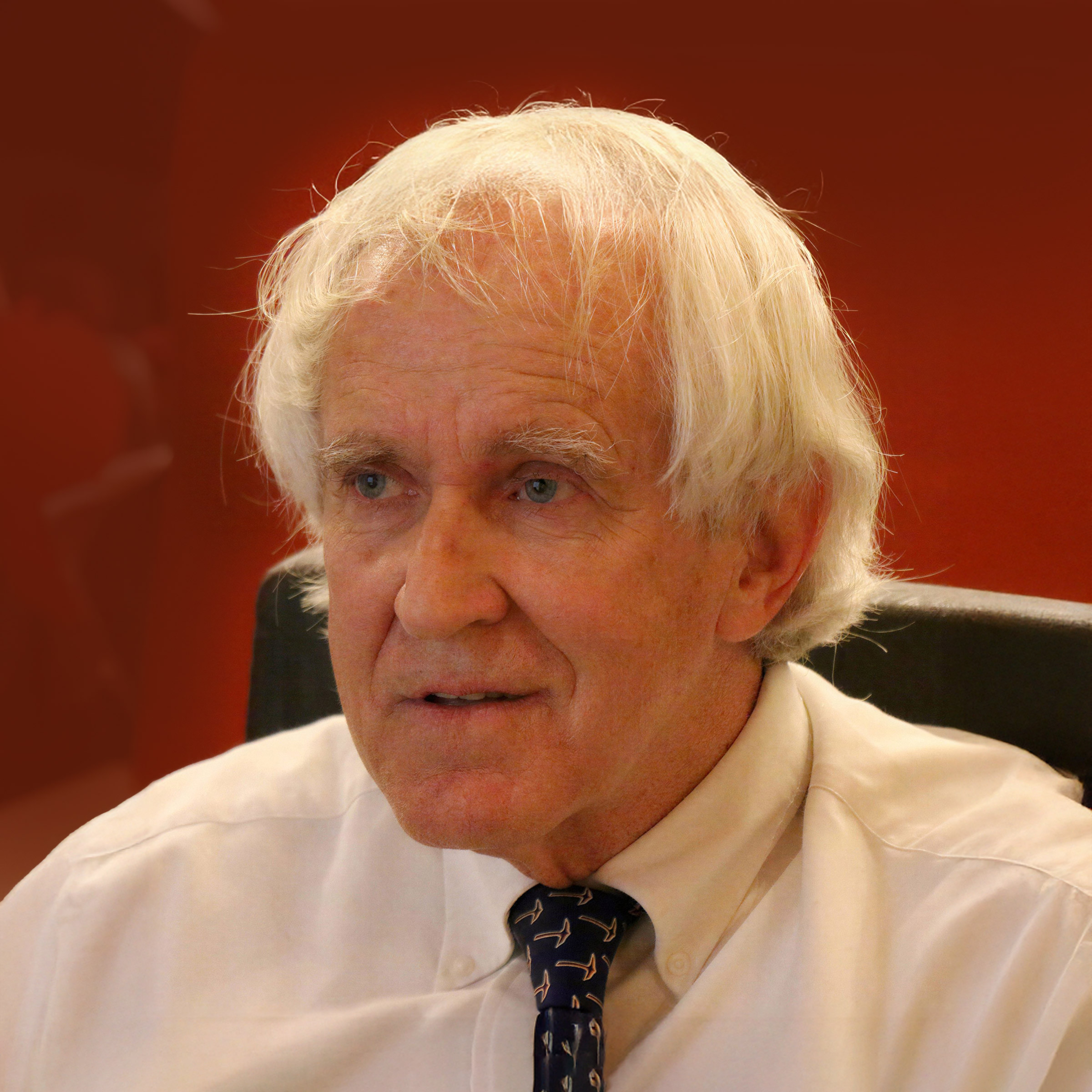Does the vertebrate eye make more sense as the product of engineering or unguided evolutionary processes? On a new episode of ID the Future, I conclude a two-part conversation with physicist Brian Miller about the intelligent design of the vertebrate eye.
Did you know your brain gives you a glimpse of the future before you get to it? Although the brain can process images at breakneck speed, there are physical limits to how fast neural impulses can travel from the eye to the brain. “This is what’s truly amazing,” says Miller. “What happens in the retina is there’s a neural network that anticipates the time it takes for the image to go from the retina to the brain…it actually will send an image a little bit in the future.”
Dr. Miller also explains how engineering principles help us gain a fuller understanding of the vertebrate eye, and he highlights several avenues of research that engineers and biologists could pursue together to enhance our knowledge of this most sophisticated system.
Oh, and what about claims that the human eye is badly designed? Dr. Miller calls it the “imperfection of the gaps” argument: “Time and time again, what people initially thought was poorly designed was later shown to be optimally designed,” from our appendix to longer pathway nerves to countless organs in our body suspected of being nonfunctional. It turns out the eye is no different, and Miller explains why.
Download the podcast or listen to it here. This is Part 2 of a two-part conversation. Listen to Part 1.
Dig Deeper
Read these articles on the topic of human vision from some of Dr. Miller’s colleagues:
- Jonathan Wells: “Is the Human Eye Really Evidence Against Intelligent Design?“
- David Coppedge: “Evolutionists Say the Eye is ‘Close to Perfect’”
- Otangelo Grasso: “The Evolution of the Eye, Demystified“









































